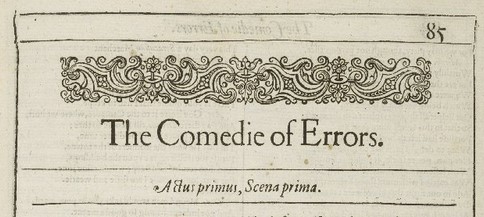Thanks to readers, 19-27 October, 2021

Thank you to readers of this blog for this past week, which the blog's analytics say came to 237 views from the following 19+ countries: Thank you for your interest. I am grateful and humbled. ~~~~~~~~~~~~~~~~~~~~~~~~~~~~~~~~~~~~~~ My current project is a book tentatively titled Hamlet’s Bible , about biblical allusions and plot echoes in Hamlet. Below is a link to a list of some of my top posts (“greatest hits”), including a description of my book project (last item on the list): https://pauladrianfried.blogspot.com/2019/12/top-20-hamlet-bible-posts.html I post every week, so please visit as often as you like and consider subscribing.





